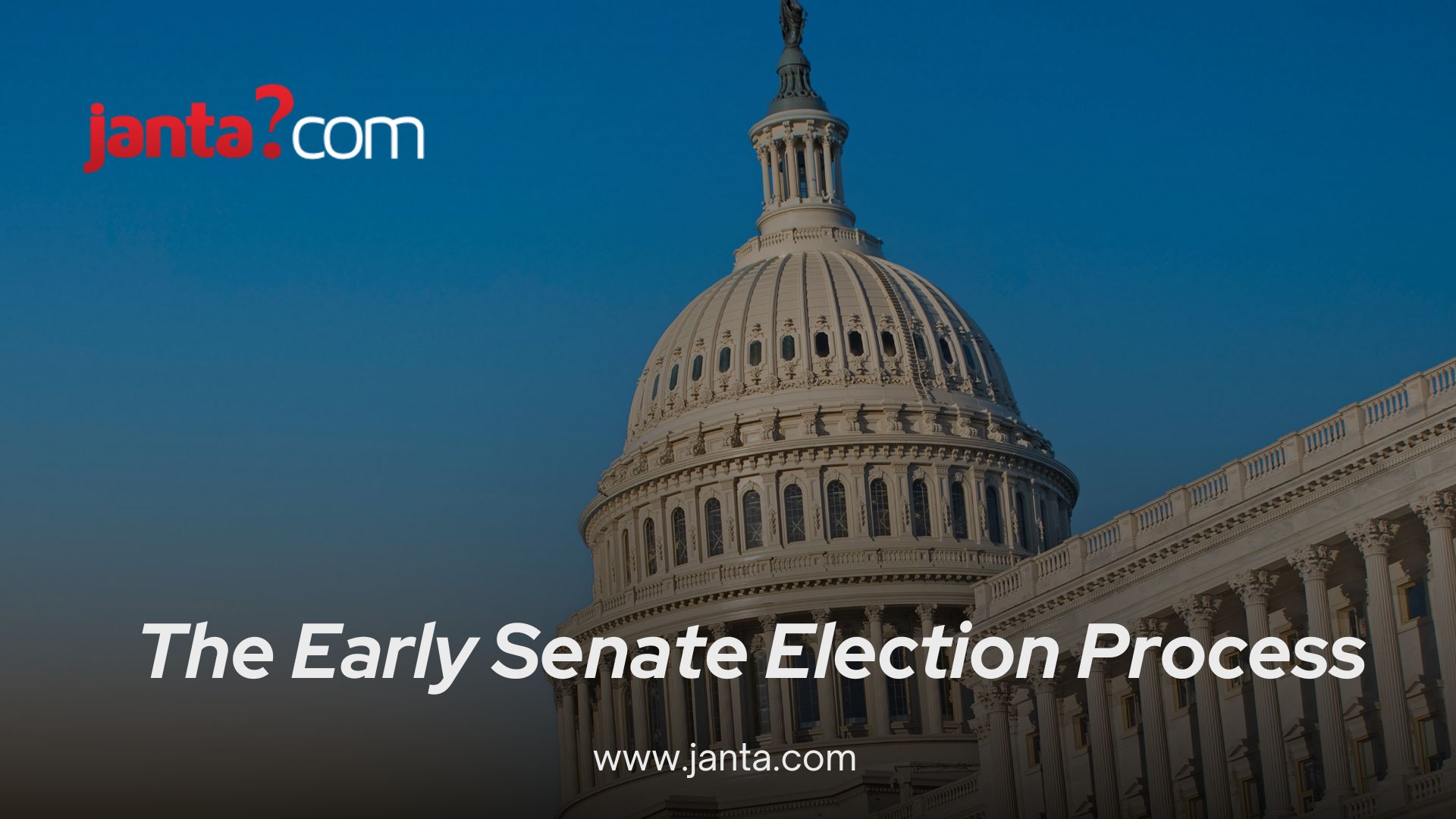Before 1913, U.S. Senators were elected by state legislatures, a method plagued by corruption and frequent deadlocks. This changed dramatically with the ratification of the 17th Amendment, which introduced the direct election of Senators by the public.
Curious about how this transformation shaped American democracy? Discover the reasons behind the amendment, its impact on the political system, and its relevance today. Read on to understand why this change was pivotal in making the Senate more accountable and transparent.
The 17th Amendment: A Major Shift
The 17th Amendment to the U.S. Constitution, ratified in 1913, marked a significant change in the election process for U.S. Senators. Prior to this amendment, Senators were chosen by state legislatures, which often led to issues of corruption and inefficiency. The 17th Amendment shifted this responsibility to the general electorate, allowing citizens to vote directly for their Senators.

The Early Senate Election Process
When the Constitution was drafted in 1787, the framers aimed to balance federal and state powers. Article I, Section 3, mandated that Senators be elected by state legislatures to ensure a more deliberate and less reactionary Senate. Senators were to serve six-year terms, with elections staggered so that only one-third of the Senate seats were up for election every two years.
Issues with the Original System
The original election process quickly revealed significant problems. Corruption was rampant as powerful interests sought to influence state legislators to elect their preferred candidates. Deadlocks in state legislatures were common, often leaving Senate seats vacant for extended periods. These issues weakened the Senate’s functionality and eroded public confidence.
Key Features of the 17th Amendment
The 17th Amendment fundamentally changed the way Senators were elected. It reads:
“The Senate of the United States shall be composed of two Senators from each State, elected by the people thereof, for six years; and each Senator shall have one vote.”
This amendment transferred the election power from state legislatures to the public, increasing transparency and reducing opportunities for political manipulation. It also established procedures for filling vacancies through special elections.
The Path to Reform
characterized by calls for political reform and reduced corruption. Advocates like William Jennings Bryan and organizations such as the National Popular Government League were instrumental in promoting the amendment. By 1913, the necessary three-fourths of the states had ratified the amendment, leading to its adoption.

The Amendment’s Impact
The immediate impact of the 17th Amendment was a shift in power from state legislatures to the electorate. Senators were now elected by popular vote, which increased accountability and reduced corruption. This change also realigned the Senate to better reflect the interests of the general public.
Long-Term Consequences
Over time, the 17th Amendment altered the relationship between state and federal governments. State legislatures lost their direct influence over the Senate, leading to changes in how states focused on federal versus local issues. This shift in focus can be further understood in the context of the 1968 Election: Turning Point in the US Political History.
Broader Political Reforms
The 17th Amendment was part of a broader wave of reforms during the Progressive Era. Other significant amendments included the 19th Amendment, which granted women the right to vote, and the 24th Amendment, which abolished poll taxes in federal elections. These reforms aimed to expand democratic participation and reduce barriers to voting.
Modern Debates
While the 17th Amendment addressed many issues, debates about its long-term effects continue. Some critics argue that the direct election of Senators has led to a disconnect from state interests, while others view it as a critical advancement in ensuring democratic accountability.
Key Takeaways
The 17th Amendment revolutionized U.S. politics by introducing the direct election of Senators, tackling corruption, and enhancing transparency. Its impact on American governance is profound, shaping the way Senate elections are conducted and influencing ongoing discussions about electoral reforms.
For more insights into American political history and ongoing reforms, stay connected with Janta.
